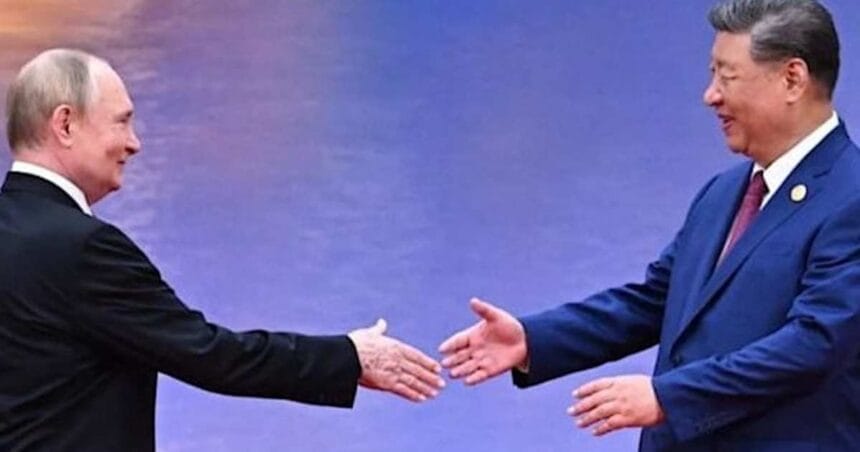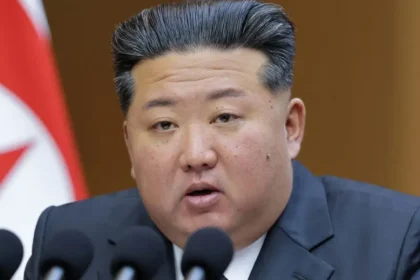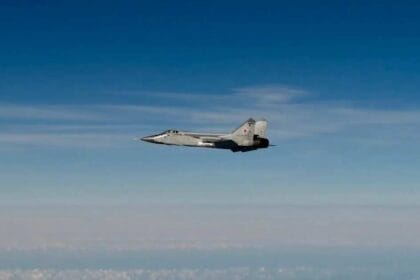The Shanghai Cooperation Organisation (SCO) summit convened in northern China, bringing together leaders from major nations including China, Russia, India, Pakistan, and Central Asian states. Discussions focused on regional security, economic cooperation, and reducing dependence on Western-led systems. Analysts believe the summit highlights an effort to reshape global power dynamics and build a more multipolar world order.
A Platform for Regional Powerhouses
The SCO, founded in 2001, has steadily grown into a strategic alliance representing nearly 40% of the world’s population and over 30% of global GDP. The latest summit brought attention to expanding cooperation beyond security and into finance, energy, and technology.
China and Russia at the Forefront
Chinese President Xi Jinping and Russian President Vladimir Putin emphasized unity against unilateral sanctions and external interference. Both leaders stressed the need for regional self-reliance and stronger economic ties within the bloc.
Key Agenda Points
- SCO Development Bank Proposal: A plan to establish a financial institution independent of Western systems.
- Energy Partnerships: Talks on boosting cross-border energy trade to reduce reliance on Western markets.
- Security Collaboration: Joint agreements to combat terrorism, cyber threats, and drug trafficking.
- Expansion of Membership: Ongoing discussions to include more observer states as full members, strengthening the bloc’s influence.
India’s Balancing Act
Indian Prime Minister Narendra Modi participated with a cautious stance, supporting regional stability but urging that the SCO avoid becoming a platform for geopolitical rivalry. Analysts see India balancing its ties with both the U.S.-led West and the China-Russia bloc.
Western Concerns
Western observers argue the SCO is becoming a counterweight to NATO and G7 influence. While its economic reach is growing, questions remain about whether the member states—many with competing interests—can maintain long-term unity.
What This Means Globally
The SCO summit illustrates a shifting geopolitical landscape where developing economies seek more independence from Western-led institutions. Whether the SCO can translate ambitions into lasting structures remains uncertain, but its voice on global issues is undeniably growing louder.














